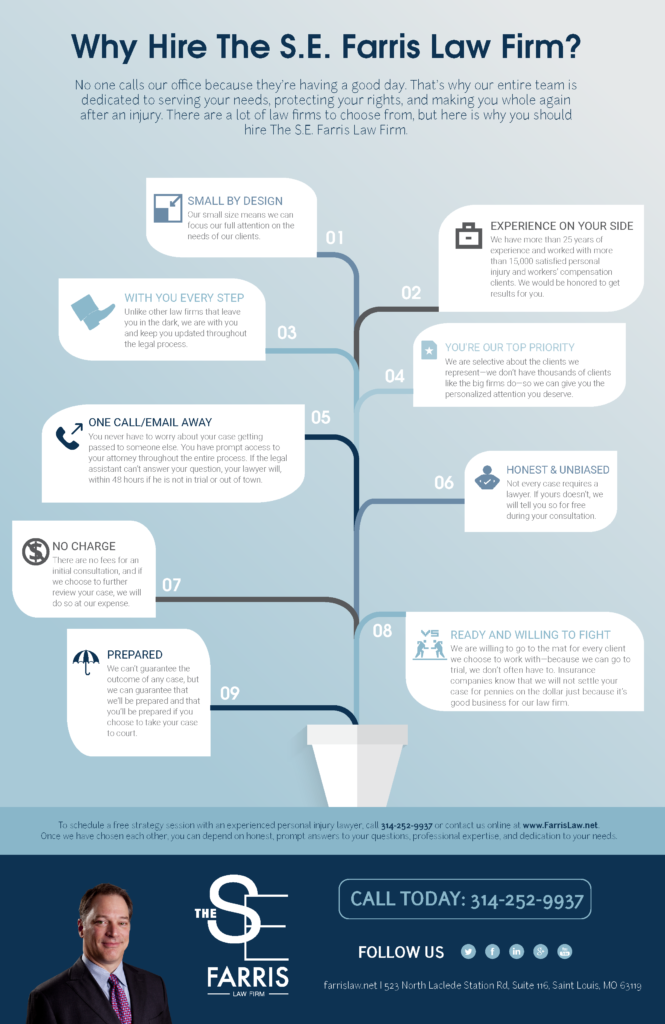Understanding Landlord-Tenant Law: A Guide For Real Estate Attorney
Understanding Landlord-Tenant Law: A Guide For Real Estate Attorney
Blog Article
Write-Up By-Calderon Bennetsen
When it pertains to landlord-tenant law, knowing your legal rights and obligations is important for both celebrations. You may assume you have a strong grasp on the fundamentals, but there are usually nuances that can capture you off-guard. Whether you're a landlord handling a home or a lessee trying to find a secure home, comprehending the lawful landscape can make all the difference. What may amaze you are the intricacies involved in browsing disagreements and expulsion procedures.
Comprehending Occupant Rights and Responsibilities
When you rent out a residential or commercial property, it's crucial to comprehend your legal rights and obligations as an occupant. You can a safe and habitable living setting, indicating your property manager needs to keep vital solutions like home heating, plumbing, and power.
You're additionally qualified to privacy; landlords commonly need to provide notification before entering your device.
On the flip side, you are in charge of paying rent in a timely manner, keeping the property clean, and not triggering damage beyond regular deterioration.
Familiarize yourself with your lease agreement, as it details particular policies and obligations. Knowing these aspects not just shields you yet likewise promotes a favorable relationship with your property owner.
Remain notified, and you'll navigate your occupancy better.
Trick Landlord Obligations and Lawful Considerations
While you might know your civil liberties as a renter, it's equally vital to understand your proprietor's responsibilities.
helpful site need to offer a secure and habitable living environment, making sure that essential systems like home heating, pipes, and electricity are in functioning order. They're also in charge of making necessary repairs without delay and sticking to regional building codes.
Furthermore, property owners have to appreciate your privacy by offering correct notice before entering your system, normally 24-hour. They should manage security deposits according to state legislations, consisting of returning them promptly after you leave, minus any type of legal deductions.
Comprehending what is the difference between commercial and residential real estate can assist you preserve a positive relationship with your proprietor and ensure your living circumstance meets legal requirements.
Browsing Conflicts and Eviction Procedures
Conflicts in between proprietors and lessees can arise all of a sudden, making it critical for you to comprehend the procedures associated with settling them.
Initially, communication is vital-- attempt to discuss concerns directly to find a compromise. If that fails, acquaint yourself with your neighborhood legislations pertaining to disagreements and eviction. Document whatever: keep records of communications, repayments, and any type of offenses.
If eviction becomes essential, guarantee you follow the legal steps called for in your location, which commonly consists of giving written notice and a certain duration for resolution.
Be prepared to head to court if the circumstance escalates, maybe your only recourse. Understanding https://zenwriting.net/cliff2643bertram/real-estate-lawyer-essential-for-a-smooth-building-deal will certainly aid you navigate conflicts better and protect your civil liberties as either a proprietor or occupant.
Final thought
In recap, recognizing landlord-tenant law is essential for both parties involved in a rental arrangement. By knowing your civil liberties and obligations, you can cultivate a far better living atmosphere and stay clear of problems. If disagreements develop, keep in mind that a real estate lawyer can assist guide you through the complexities of eviction procedures and lawful commitments. Staying informed and positive will make certain a smoother rental experience, whether you're a property manager or an occupant.
